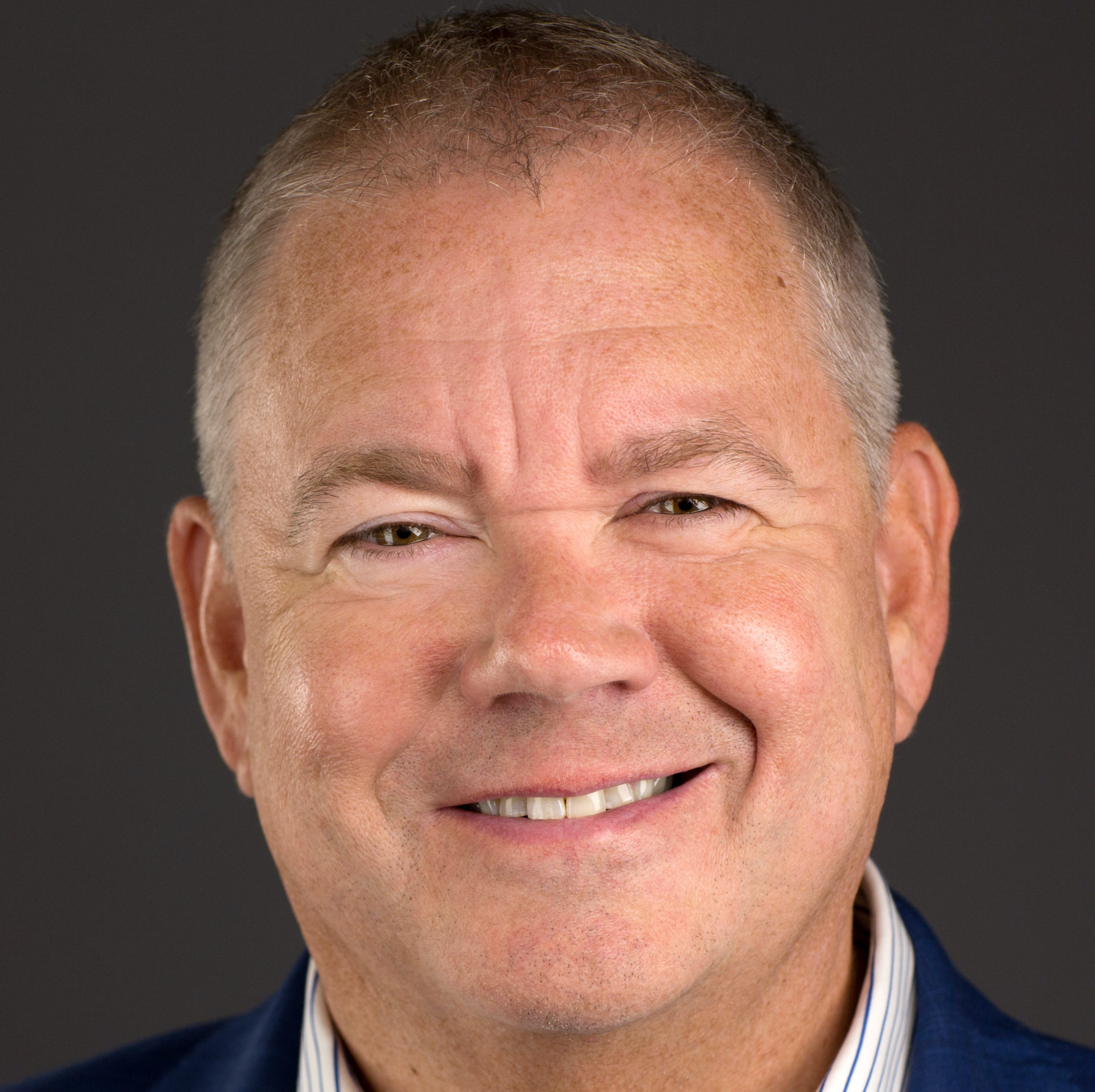
Even before COVID and the shift to online learning, the traditional K-12 model of a teacher standing in front of classrooms was gradually becoming obsolete.
That shift is just one example of the “seismic change” transforming education, says Bob Ward, a Future of Education Technology Conference® 2021 keynote speaker and president and CEO of the nonprofit Florida Council of 100.
“Teachers have always known this student over here responds to visual learning, this other student responds to very hands-on activities, and this student over here does fine regardless of the model,” says Ward, whose organization is a group of business leaders that consults with lawmakers on policy issues.
At FETC, Ward will detail the Florida Council of 100’s recently completed “Horizons 2040 Project: Grades PreK-12,” a slate of long-range recommendations for the state’s education system.
FETC preview: Why education can’t return to normal post-COVID
To compile the report, the council’s leaders toured about two dozens schools, most with high levels of students on free- and reduced-price lunch, to examine progressive approaches to teaching and learning. In one promising model, the teacher had divided a class into thirds.
One group of students was sitting with the teacher, receiving direct instruction, while another group worked with a literacy coach. The third group was sitting at a table working on a team exercise. The three groups rotated between activities throughout the class period, Ward says.
Elsewhere, teachers and administrators are working to provide interventions as soon as a student shows signs of struggle. One school in St. Petersburg, for example, has added afterschool and weekend literacy programs.
Educators are also forming closer working relationships with students, including one teacher Ward met who provided their cell phone number so students could call with questions after school.
FETC session description
The Horizons 2040 Project: A Long Range Strategic Plan for PreK-12
Friday, Jan. 29, 1 p.m. to 1:45 p.m.
The Florida Council of 100 spent over two years developing a long-range strategic plan to prepare Florida’s PreK-12 education system for the seismic shifts that will occur in the way we teach our students.
These shifts will be brought on by changes in future workforce needs, the way students come prepared (or not) for learning, and the new tools and skills that will be needed by our educators and educational leaders. Horizons includes well over 100 recommendations.
This presentation will focus on the top issues relevant to the audience and will provide participants with additional information on how to receive a full copy of the plan.
“The student reaction was incredible,” he says. “The school had literally become a second home where students felt safe and where some had had their first nurturing relationships.”
Moving toward mastery-based education
The traditional classroom model is giving way to a “mastery-based” education approach in which students are no longer arranged by age or grade, Ward says.
FETC preview: Why empathy is a leadership essential
This approach is being adopted in several of the state’s lab schools, which are all associated with state universities. In a mastery-based curriculum, students advance from a unit once an assessment shows they have secured knowledge.
“We think grade grouping will eventually end,” Ward says.
Building community-based schools
In recent years, teachers have taken on a range of responsibilities beyond their main function of delivering classroom instruction.
To meet these challenges, more Florida districts are creating community-based schools that partner with local healthcare providers and other community organizations to provide families with a range of social services.
Districts are now offering free food, dental care and counseling, among other assistance, Ward says.
“The realization is that the school becomes an anchor for that community,” he says. “This is going to become more of the norm.”
FETC preview: Be revolutionary, make change happen now



